The Starship food delivery robots at the University of Minnesota may be regulated soon to protect against potential job losses caused by the robots.
Discussions about regulating the food delivery robots came last year when the council considered pay changes for Uber and Lyft drivers, Council Member Robin Wonsley (Ward 2) said. The Minneapolis City Council initiated a motion to start regulating any long-term use of the robots in February.
The campus robots began operating in October 2024, delivering food from M Food Co. restaurants on both East Bank and West Bank.
“(Uber and Lyft ended up doing) exactly what we ended up having to regulate in terms of like leading exploitive workplace practices, denying worker protections for their workers, things of that nature because these industries were not regulated, so we did not want to be in the same predicament,” Wonsley said.
Accidents are a concern, Wonsley said, because of similar incidents on other college campuses with similar technology.
Wonsley said research is still ongoing on potential regulations to pursue, and none have been finalized yet.
In May, a report will be given to the Public Health and Safety Committee about potential regulations. Wonsley said University food workers can share thoughts and concerns about the robots then.
Chris Elrod, spokesperson of the company overseeing the food delivery robots for M Food Co., said if regulations are approved, it will not have a big impact because about 95% of the robot’s delivery range is within University-owned property.
“Currently, they do cross over some city streets to get to certain areas of campus, specifically around the Superblock area, so if there were regulations put into place that potentially did remove access to those street crossings, the service area may slightly decrease, but the overall program wouldn’t be necessarily put to bed,” Elrod said.
Before the robots, there were no food delivery positions that the University oversaw outside of catering, Elrod said. The only delivery services came from apps like DoorDash, Postmates and UberEats.
While some city council members are concerned about potential job losses caused by the food delivery robots, Elrod said more jobs are being created because of the robots due to more sales coming to restaurants and workers needed for routine maintenance.
University employees work directly with Starship by transporting the food from the restaurant to the food delivery robots.
Former University Starship student worker Anna Alvarez said the demand to work for Starship is high, as she could not work there this semester due to all the positions being filled.
“Starship is just another way of getting food,” Alvarez said. “You can either go to Coffman yourself or you can have it delivered to you. I don’t really think it would be taking any jobs because no jobs that exist within Starship are similar to the other jobs within the Coffman area or in general.”
Elrod said the robot’s purpose is to increase food availability to underserved parts of campus with fewer restaurants or grocery stores.
“Some of (the) underutilized and underserved areas couldn’t fully support building a restaurant or a coffee shop due to the traffic patterns,” Elrod said. “These robots have now opened up those areas to campus and students don’t have to worry about leaving the building.”


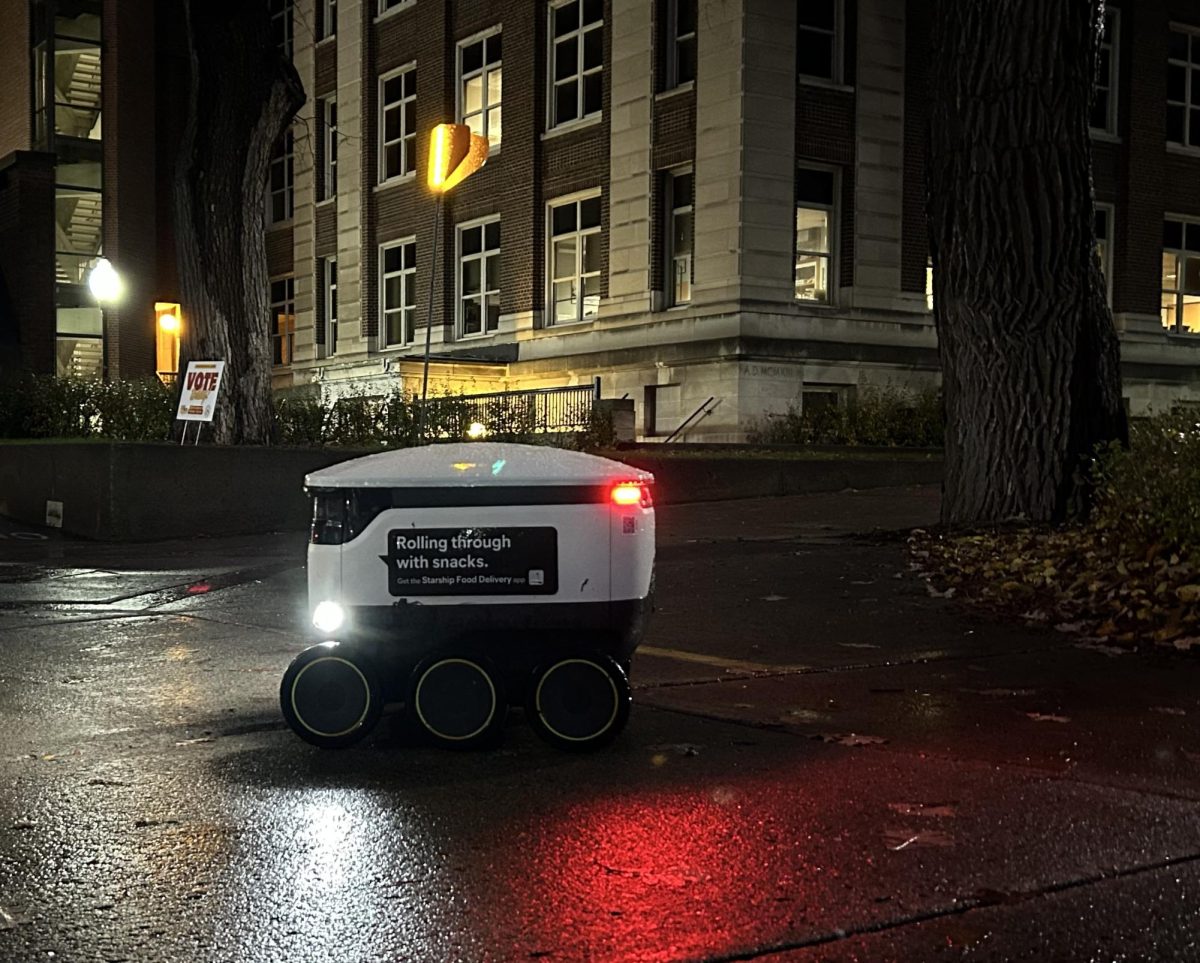
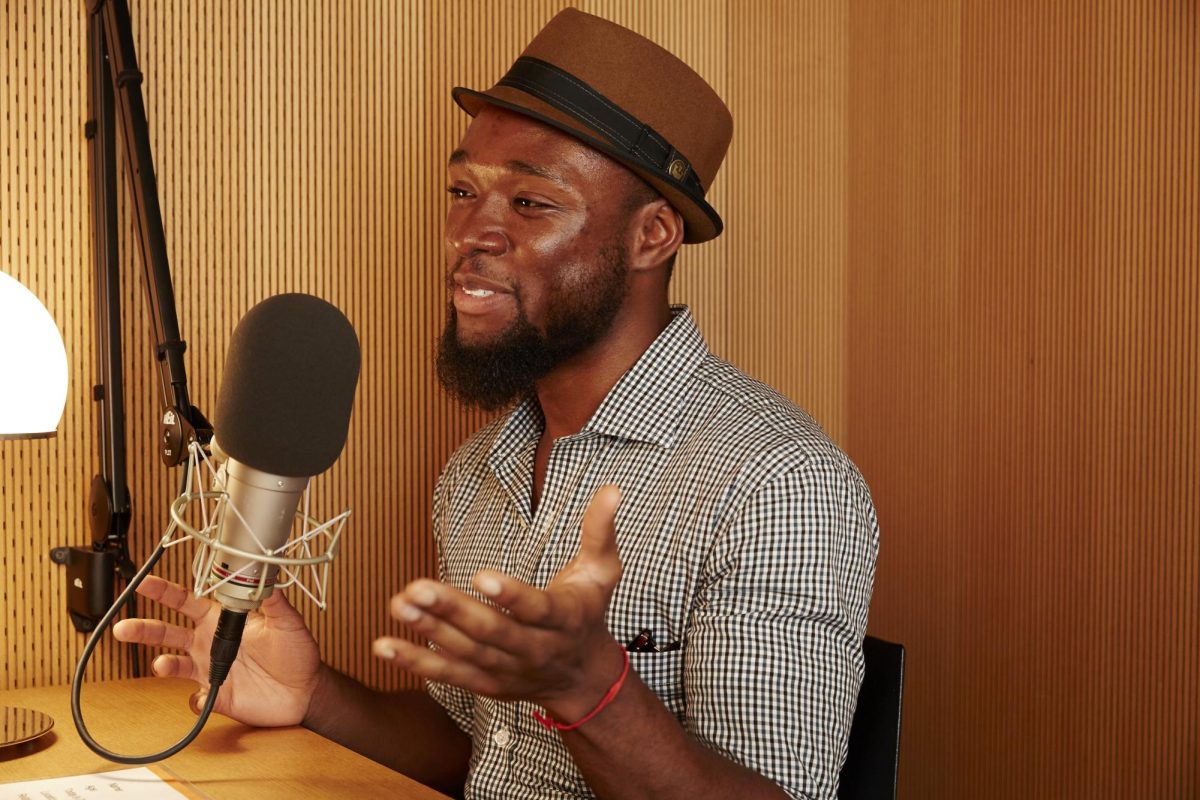
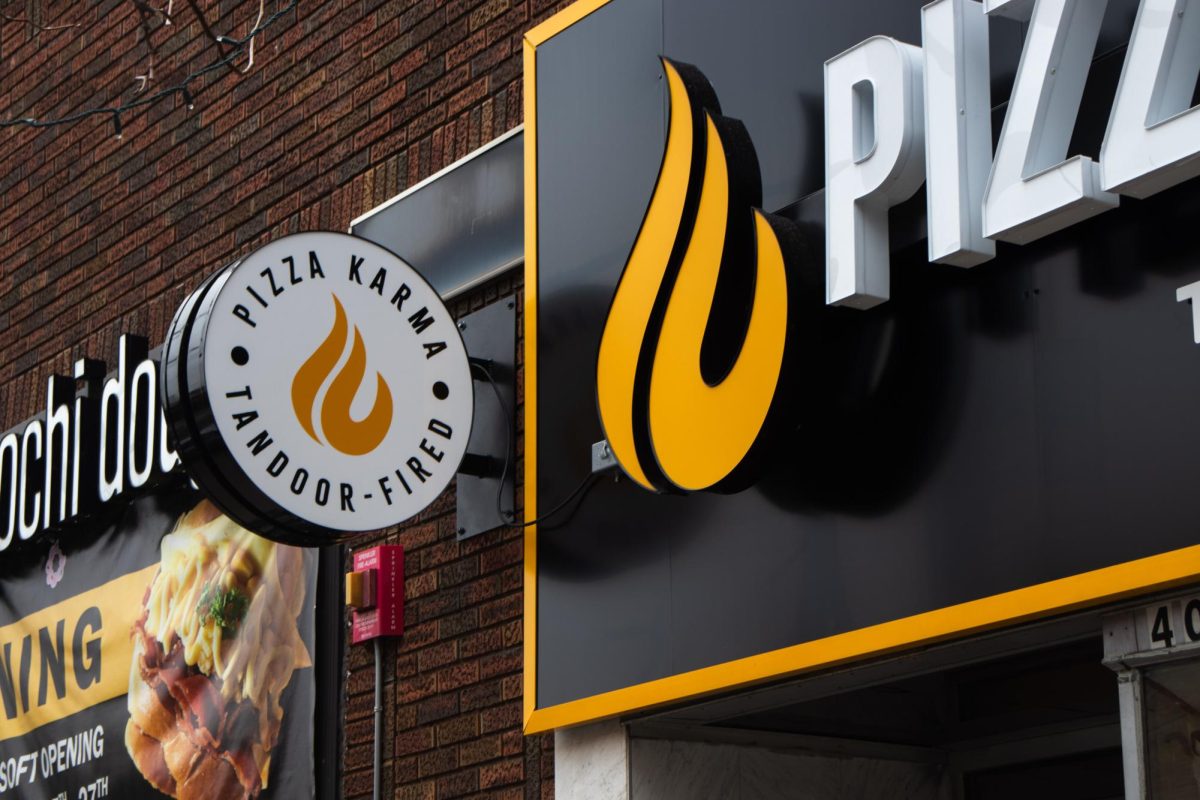
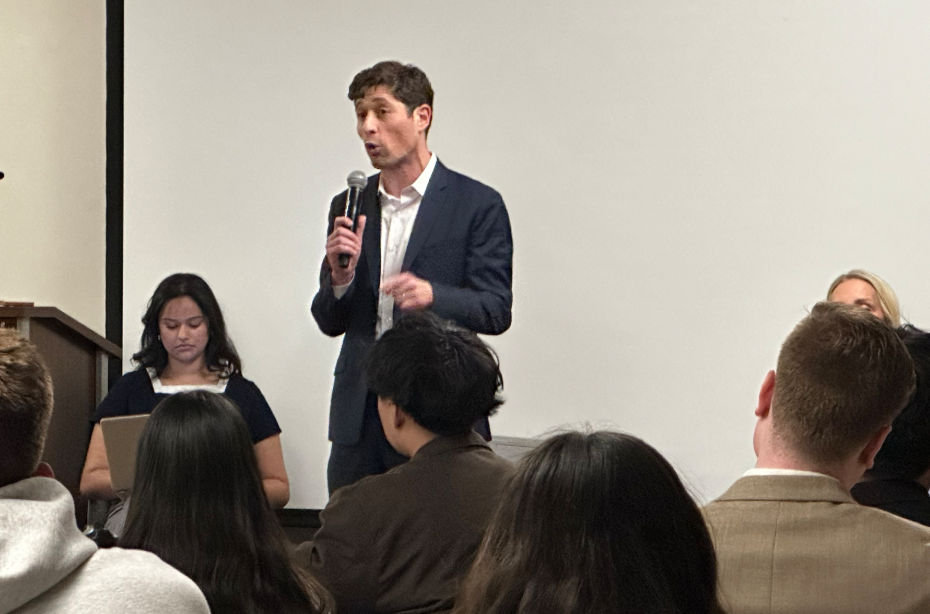
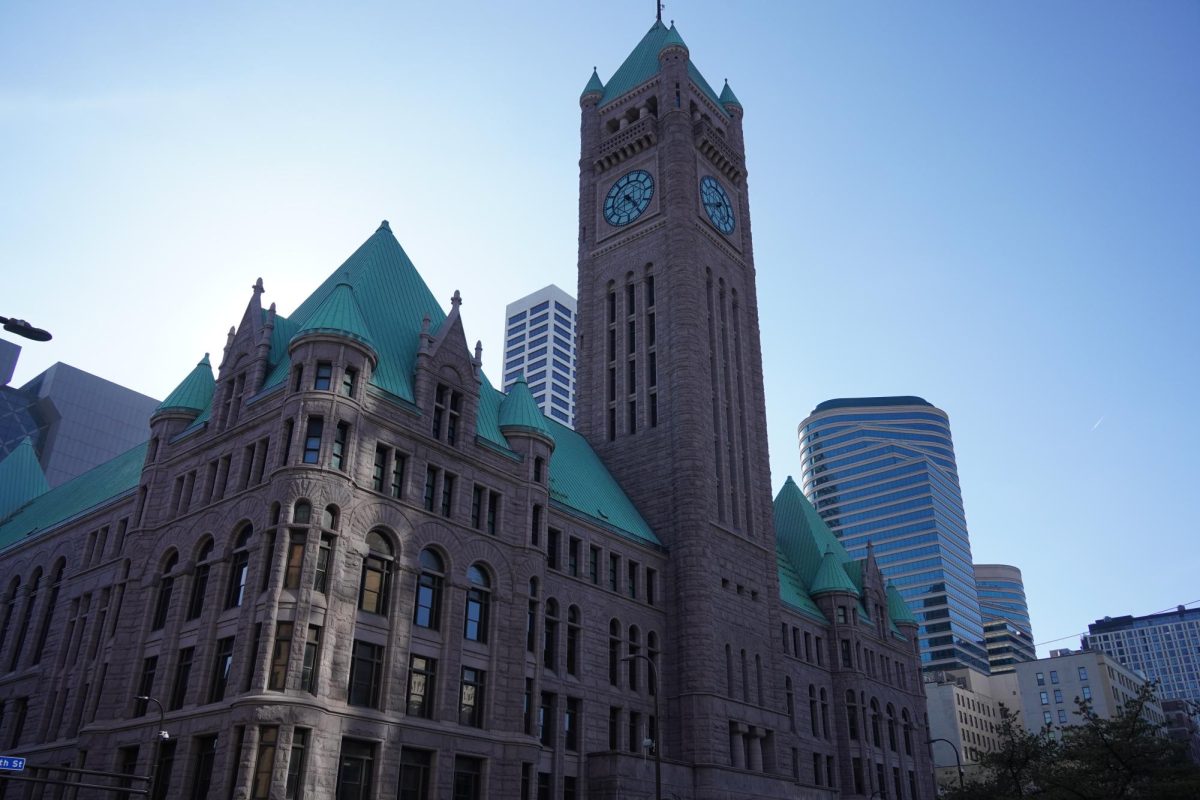
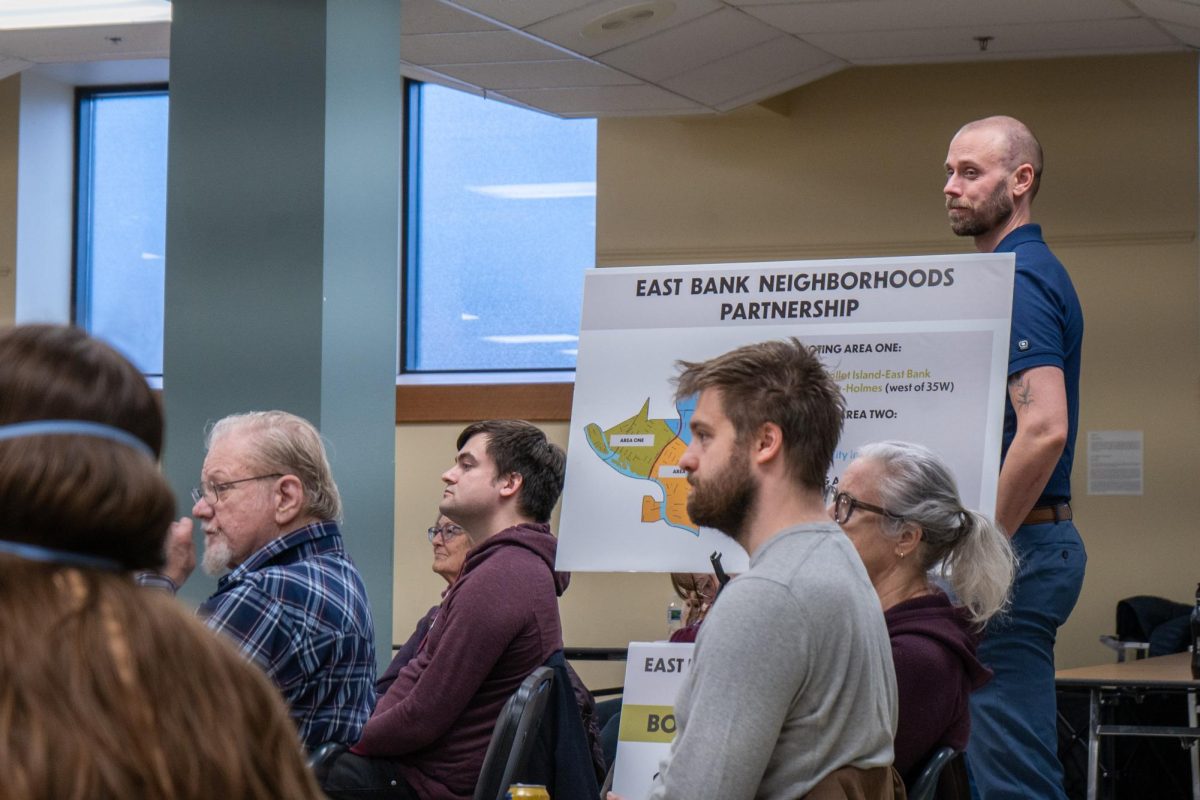


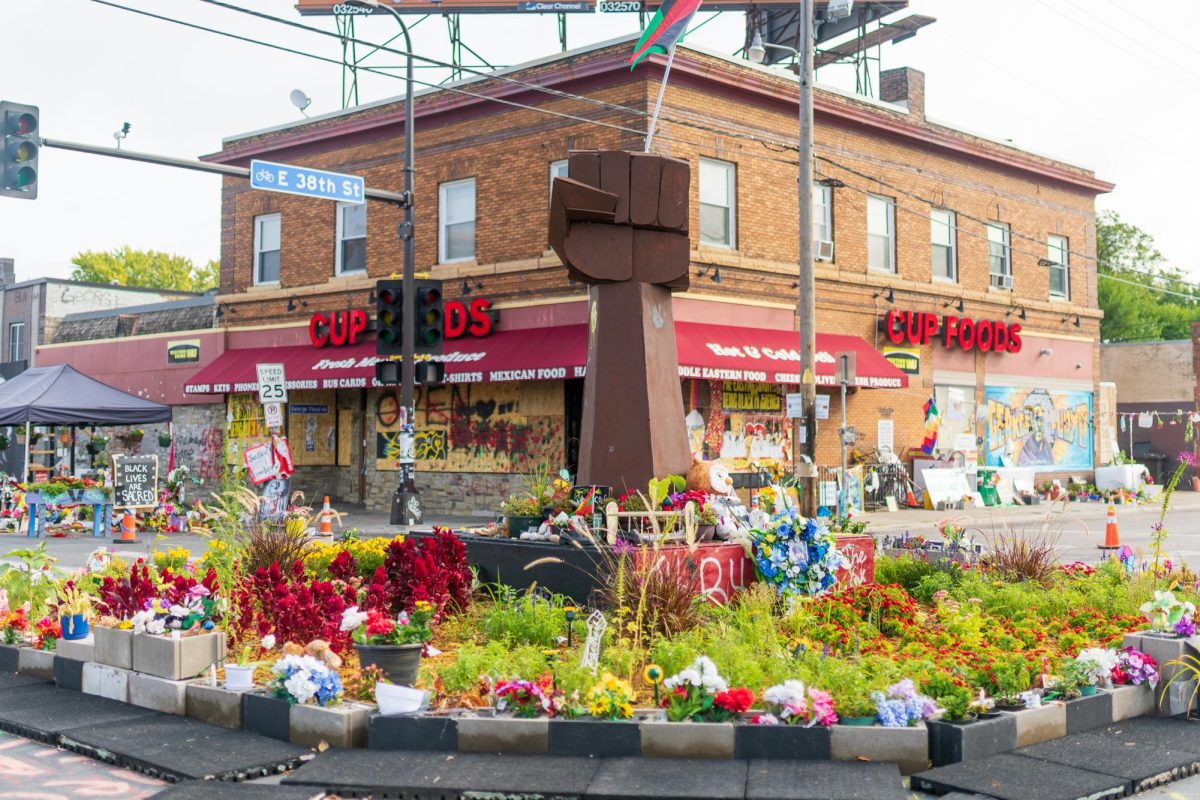


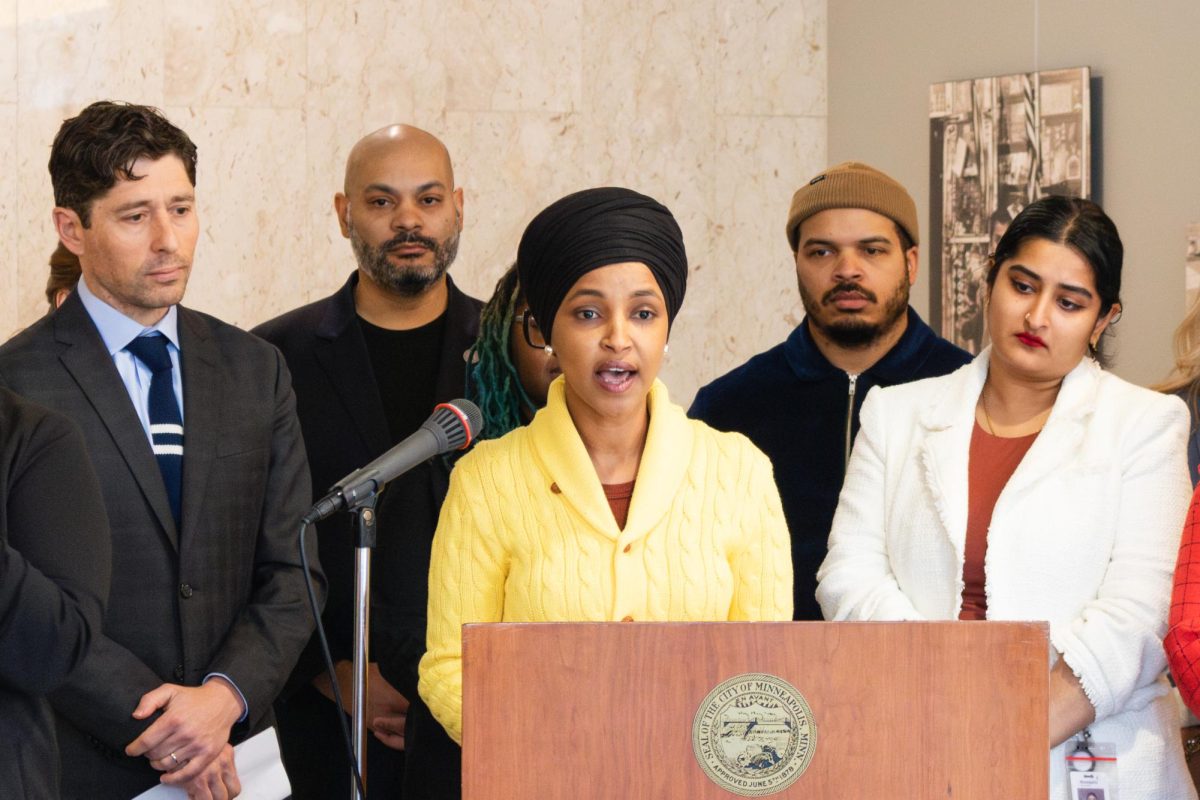

Anonymous
Feb 27, 2025 at 12:25 pm
I fully endorse this, and anyone who doesn’t is a bad person. UMN executive elites spend the vast majority of their time looking into ways to disenfranchise workers. This is one of them.
Steve Hauser
Feb 25, 2025 at 8:34 am
The Minneapolis City Council needs to leave this alone and worry about their own problems, of which there are many.